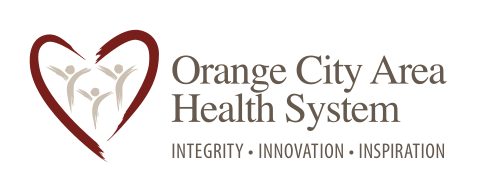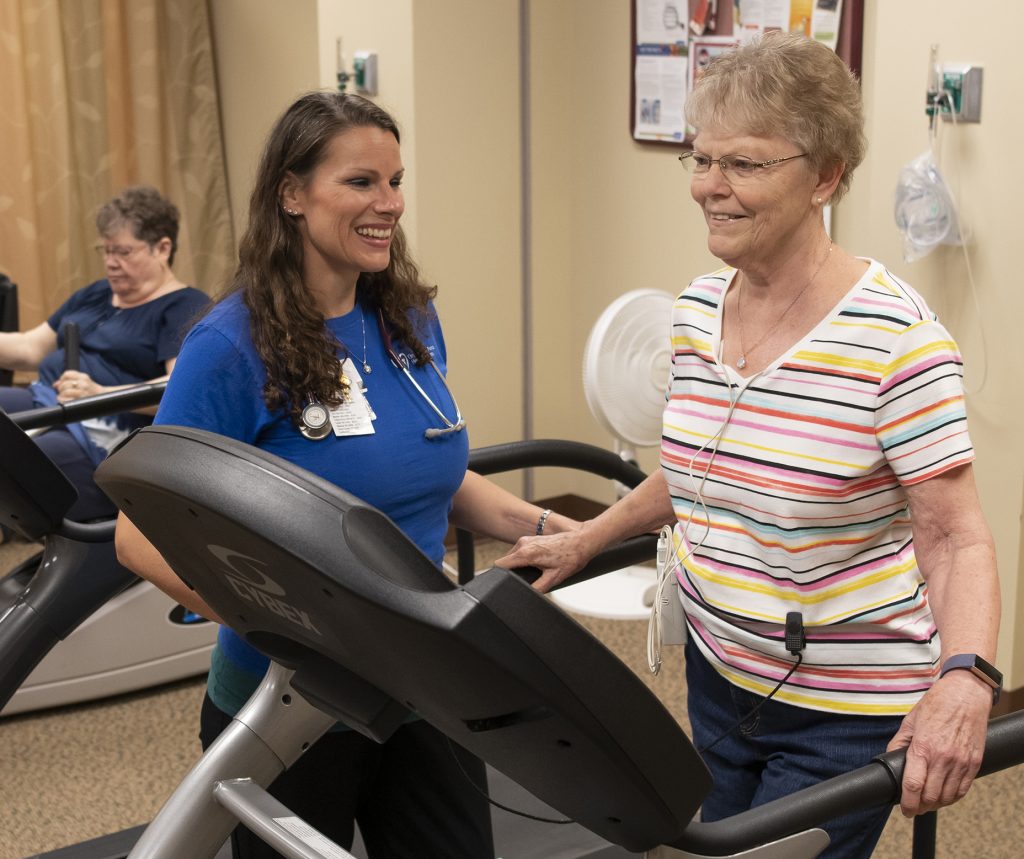-by Lindsey De Jong, Cardiac Rehab RN
As the holiday gatherings come to an end and the sound of Jingle Bells becomes part of the distant past, our focus shifts to a new year. We look forward to new beginnings, Super Bowl parties, and … Hearts!
Valentine’s Day is just around the corner and thoughts of Rudolph and candy canes no longer hold our interest. Heart decorations, balloons, and flowers overwhelm store shelves and commercials of chocolates and jewelry flood our TV screens. All devoted to a day to show love for another’s heart. But what if our focus shifted? What if instead of trying to win the hearts of others, we professed our love for the health of our own heart? What would it look like to put our heart health first, dedicating each day, one day at a time, to do something different for our heart, to be smart for our heart? Every February, The American Heart Association celebrates American Heart Month, dedicating each day to spreading awareness of the fight against heart disease and how to show our heart love.
For over 100 years, the American Heart Association has been devoted to our hearts – fighting against heart disease and for healthier hearts through scientific research. Did you know that the AHA has invested over $4.8 million toward research funding? The advancements afforded by research have had a major impact on heart health, helping more and more individuals survive heart disease and stroke every day. Recent statistics reveal that since 2018, there has been a 13.6 % reduction in deaths from stroke and 15.1% reduction in deaths from heart disease. The AHA is dedicated to saving lives and continue to make a difference in the lives of families and communities.
You might be thinking, “So what! I’ve heard this all before.” Heart disease continues to be the leading cause of death of most racial and ethnic groups and statistics are even higher for women. One person dies every 36 seconds in the United States from heart disease and over 659,000 people in the United States die from heart disease each year.
But you don’t have to be another statistic. Pledge to learn about your risk for heart disease and disease prevention!
The AHA states that caring for your heart through a healthy diet and regular physical activity is the secret weapon to preventing heart disease, reducing your risk by as much as 80%. The AHA recommends a diet rich in a variety of vegetables and fruits, lean proteins, healthy fats and whole grains is your first defense against the onset of high cholesterol, high blood pressure and heart disease. Starting with small but consistent changes can make a big difference in the long run. You may want to keep a food journal of everything you consume, including beverages and snacks. Seeing it written down is an easy way to identify high-sugar, high-fat calorie sources that you should reduce or cut out completely.
Also, if you haven’t before, take the time to familiarize yourself with standard food nutrition labels. You may be surprised by hidden sodium, sugars and fats in the foods you considered healthy. In addition to the physical toll a lack of exercise takes on the body, 65% of all American adults today are obese or overweight, significantly increasing their risk for heart disease. Meanwhile, the heart-healthy benefits of exercising for just 30 minutes a day are nearly endless. While you may be eager to start a new exercise program or add a new activity to your existing routine, be sure to talk to your doctor first. A thorough assessment of your medical history, age and other factors can help your doctor determine what activities are best for your current physical condition. A walking program is also a great place to start. It is the easiest way to begin exercising. It’s free, it has the lowest dropout rate of any type of exercise and studies show that for every hour of walking, life expectancy may increase by two hours. Walking with a friend or starting a walking club to help keep each other accountable and celebrate your health accomplishments together.
For more specific nutritional and activity recommendations visit heart.org

